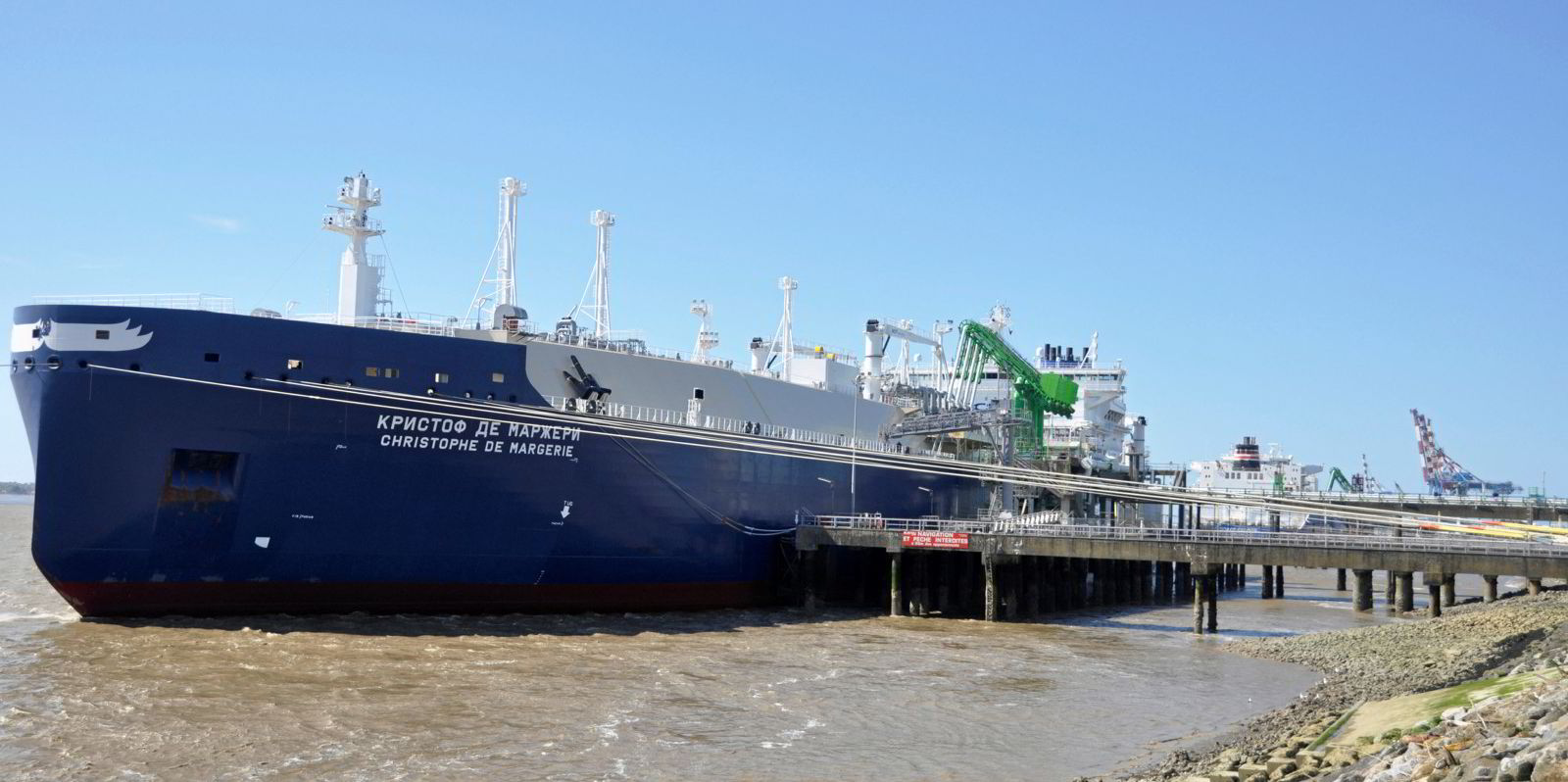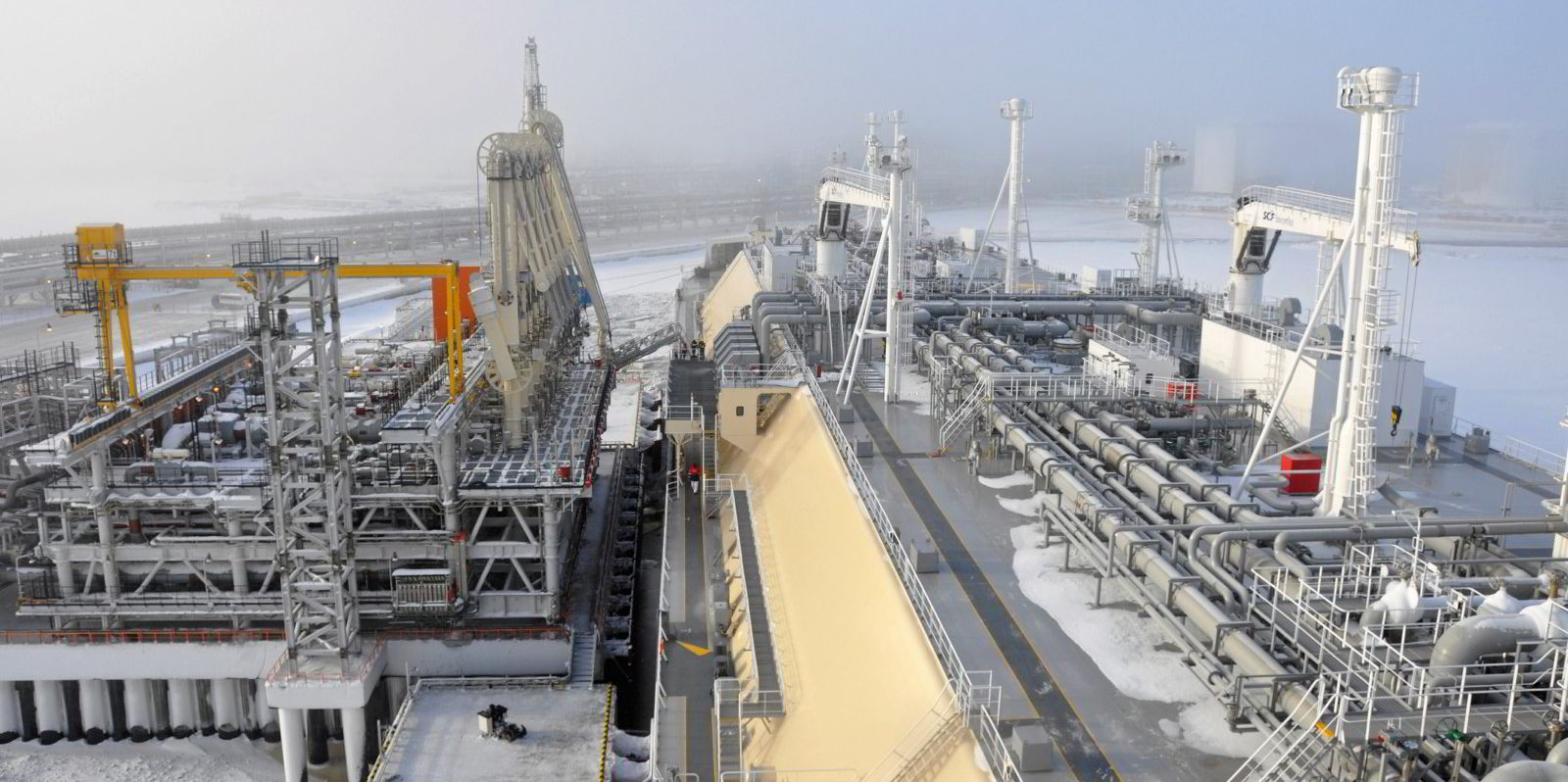An agreement reached by the European Union will allow member states to ban Russian shipments of LNG.
On Friday, the European Parliament and European Council gave its endorsement to a set of rules covering natural gas, renewable gases and hydrogen.
Under these, member governments would be permitted to temporarily block LNG exporters from Russia and Belarus from booking infrastructure capacity that can be used for the shipments of LNG and natural gas without having to draw up specific sanctions.
The European Council said: “The regulation will contain provisions allowing member states to adopt restrictions to the supply of natural gas, including liquefied natural gas (LNG), from Russia or Belarus, with the aim of protecting the essential security interests of the member states or of the EU, while taking account of security of supply and diversification objectives.”
The regulation still needs formal approval from the European Parliament and member states.
Unease about Europe’s continued dependence on Russian gas through its LNG imports has been a topic of growing concern at the EU, with a Brussels think tank concluding mid-year that the bloc could manage without it.
In September, energy commissioner Kadri Simson said: “We can and we must reduce Russian LNG exports to phase them out completely.”
The UK and Poland are among those who already stopped buying Russian LNG in the wake of Russia’s invasion of Ukraine in February 2022.
But in the interim, Russian LNG imports to European nations have soared with Belgium, Spain and France emerging as the largest importers.
In the first 10 months of this year, European nations imported 13m tonnes of LNG with Belgium the largest buyer so far in 2023, importing 3.79m tonnes from Novatek’s Yamal LNG plant in the Russian Arctic.
The imports have prompted other concerns in that over 37% of Russian volumes are transshipped in EU ports and sent on to third parties, according to a recent report by The Institute for Energy Economics and Financial Analysis.





